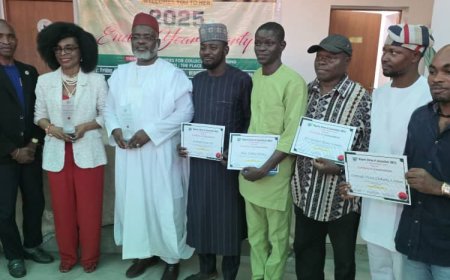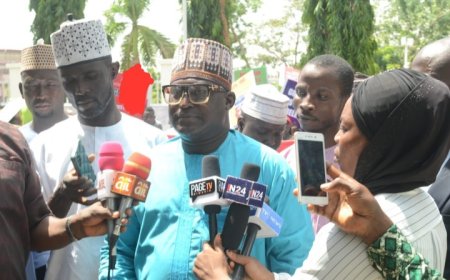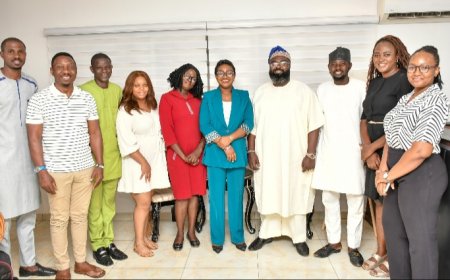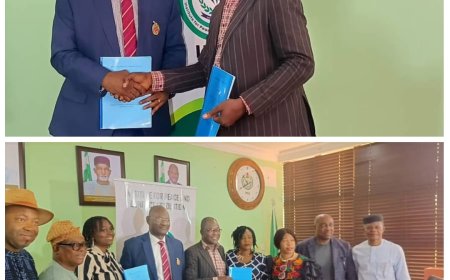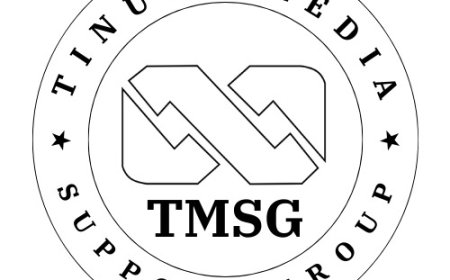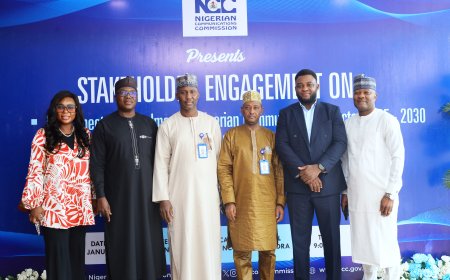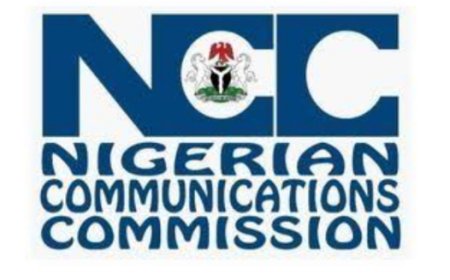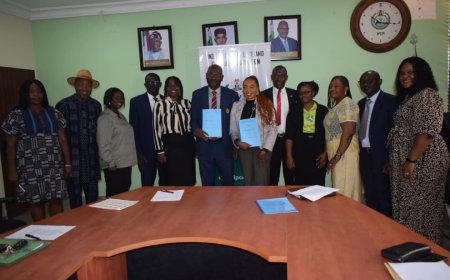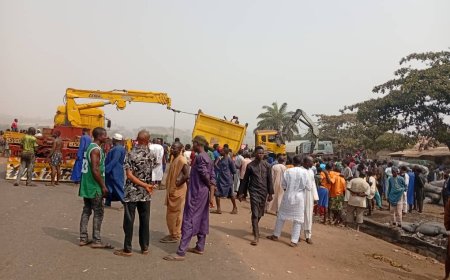Nigeria achieved a broadband penetration rate of roughly 48.81% with over 140 million people having internet access :- Dr Maida

Nigeria achieved a broadband penetration rate of roughly 48.81% with over 140 million people having internet access :- Dr Maida
Nigeria is said to have achieved a broadband penetration rate of roughly 48.81% with over 140 million people having internet access. This was made known by the Executive Vice Chairman of the Nigerian Communications Commission (NCC), Dr. Aminu Maida, at the business roundtable in Abuja.
The meeting has the theme: “Right of Way and Protection of Broadband Infrastructure – The Road to Success in Broadband Investment and Connectivity” translated this vision into deliberate and strategic action. Dr Maida, said, "as of August 2025, Nigeria had achieved a broadband penetration rate of roughly 48.81% with over 140 million people having internet access. The ICT/telecom sector is already one of the leading contributors to Nigeria’s GDP. Research shows that a 10% increase in broadband penetration can drive approximately 1.38% GDP growth in developing economies so imagine what a 20%, 30%, 40% increase in broadband penetration would do: (there would be more billions in economic output, new jobs, new services, and innovation hubs across our states.)
For individuals and small businesses, broadband access turns local markets into national and global ones. It transforms opportunities for our graduates from local to global digital earning possibilities. It transforms a state economy from being dependent on traditional revenue streams to fostering an innovation-driven ecosystem. Let us look at how this has impacted countries like Rwanda and India, for example. Rwanda has positioned itself as an African hub of digital services by investing heavily in backbone fibre and digital governance. India’s outsourcing and IT services industry is worth hundreds of billions of dollars (worth over $240 billion annually), enabled largely by early and consistent investment in digital infrastructure and human capacity.
With over 200 million people and a median age of 18, Nigeria can not only follow those trajectories but surpass them—if we equip our youth with reliable, affordable, high-speed connectivity.
Progress and Challenges Under the leadership of President Bola Ahmed Tinubu, and the Honourable Minister of Communications, Innovation and Digital Economy, Dr. Bosun Tijani, Nigeria is pursuing the ambitious targets of the National Broadband Plan (2020–2025). This plan sets a clear path to achieve 70% broadband penetration by the end of 2025 and to deploy 90,000 kilometres of fibre optic backbone infrastructure across the country.
At the Nigerian Communications Commission (NCC), we have translated this vision into deliberate and strategic action. We are driving broadband expansion, strengthening regulation, and safeguarding the industry—even in the face of a challenging operating environment. Let me highlight a few initiatives that we have undertaken:
Through the sustained advocacy of the Commission, and efforts of the Office of the National Security Adviser (ONSA) as well as the Federal Ministry of Communications, Innovation and Digital Economy (FMCIDE), the Critical National Information Infrastructure (CNII) Presidential Order was signed by President Bola Ahmed Tinubu in June 2024. The CNII Presidential Order guarantees proactive protection of Nigeria’s telecommunications infrastructure by providing the Executive backing for law enforcement agents to deal with vandalism, theft and denial of service to these assets, while ensuring continued network service provision by operators. The Commission, working closely with the Office of the National Security Adviser has been tasked with ensuring the full operationalisation of this mandate in the telecommunications sector. To achieve this, we have set up a Telecommunications Industry Working Group to coordinate its operationalisation.
Our first task has been to ensure strict compliance with baseline standards for site security, maintenance, and access control.
We have also launched a broad public awareness drive, including TV and radio
jingles, social media campaigns, and community engagement initiatives, to mobilise
citizens in protecting telecom infrastructure. In addition, the Commission alongside ONSA is deepening collaboration with sub-nationals and their institutions, as well as the judiciary—for deterrence and speedy prosecution. Through mediation,
enforcement, and prosecutions of vandals, the NCC and ONSA are giving practical
effect to the Presidential Order in safeguarding Nigeria’s digital lifelines. Within the
last two years, ONSA has successfully dismantled major cartels responsible for the
theft of telecommunications equipment across the country.
One of the most significant barriers to broadband deployment in Nigeria has been
the high cost of Right of Way (RoW) fees charged by state governments, despite a
resolution by the Nigerian Governors Forum fixing the rate at N145 per linear meter.
Recognising this challenge, the Commission intensified advocacy with states to reduce or waive these fees to accelerate broadband rollout. Within the past two years, five additional states—Adamawa, Bauchi, Enugu, Benue, and Zamfara—have waived RoW fees entirely. This brings the total number of states offering zero RoW charges to eleven (11), while 17 states have capped it at N145 per metre. Our sustained engagement with state governments, including today’s gathering underscores our commitment to creating an enabling environment for broadband expansion.
We are also promoting the “dig-once” coordination with public works to cut
avoidable fibre damage and lower civil-works costs by sharing ducts and plans. Our goal is uniform, predictable RoW countrywide, paired with clear permitting SLAs.
In line with our economic regulatory mandate, earlier this year, the Commission
approved the application of tariff rates that are both cost-reflective and competitive
within the telecommunications industry. This strategic regulatory intervention has
significantly strengthened investor confidence in the Nigerian telecommunications sector. I can confirm to you that operators have made collective commitment to investing over $1 billion in additional rollout investments to expand broadband coverage and capacity nationwide. We will keep monitoring quality, so consumers see the benefit in better service.
What's Your Reaction?
 Like
0
Like
0
 Dislike
0
Dislike
0
 Love
0
Love
0
 Funny
0
Funny
0
 Angry
0
Angry
0
 Sad
0
Sad
0
 Wow
0
Wow
0

